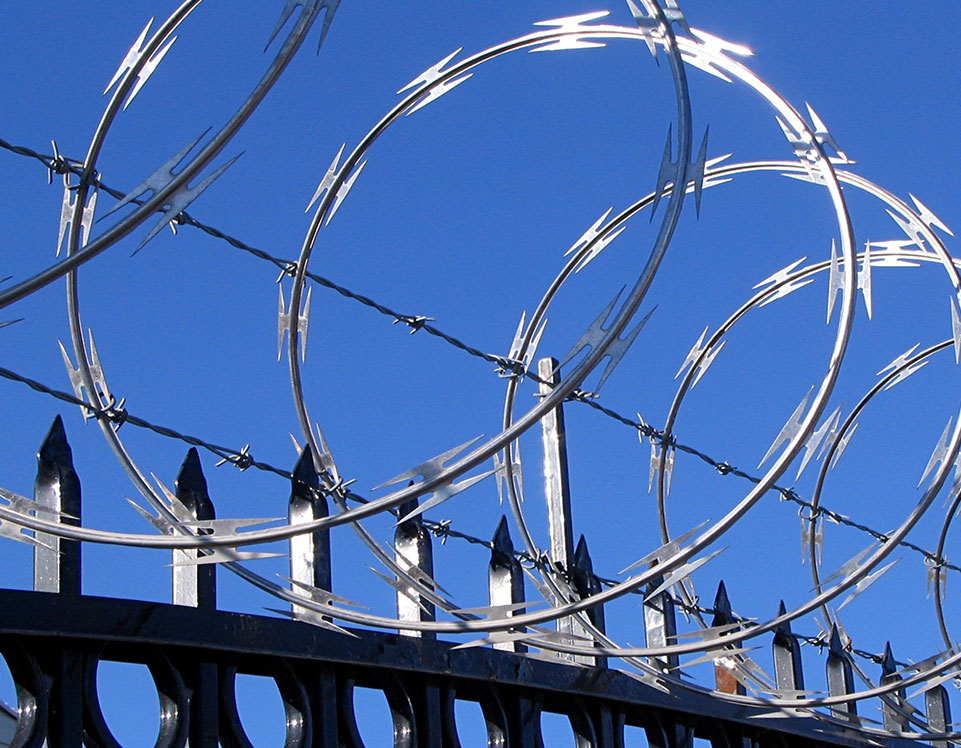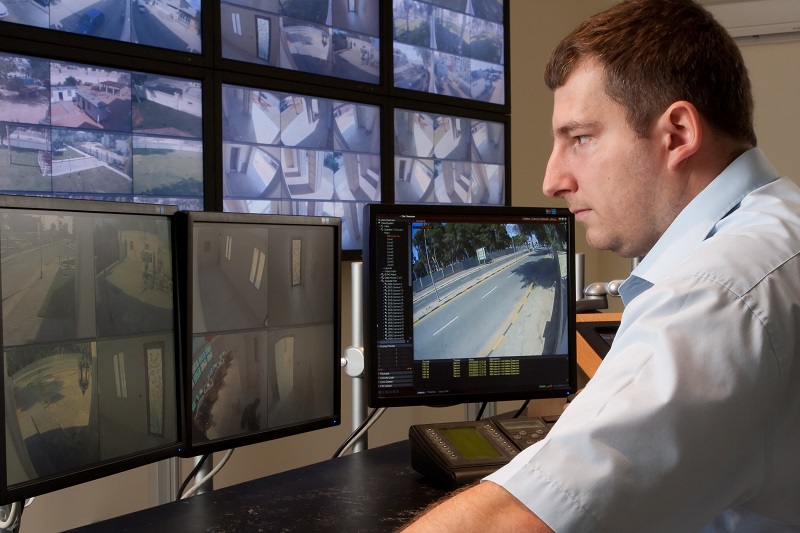The Ultimate Guide to Fiber Optic Safety Solutions for Your Service
In an age where protection worries are critical for companies, recognizing the complexities of fiber optic technology can be transformative. This overview details just how integrating fiber optic security systems not just boosts data defense however also offers benefits like resistance to interference and real-time surveillance abilities.
Comprehending Fiber Optic Technology

The core of a fiber optic cable television is composed of a slim glass or plastic center, surrounded by a cladding layer that shows light back into the core. Single-mode fibers are created for long-distance transmission, while multi-mode fibers are ideal for shorter distances, typically made use of within structures.
Fiber optics are not only faster however additionally more safe than traditional circuitry. Their fundamental resistance to electromagnetic disturbance and the difficulty of taking advantage of the signal without detection make them a preferred selection for services focusing on information honesty and security. As organizations progressively rely upon safe and reliable interaction systems, recognizing fiber optic modern technology becomes important for notified decision-making.
Secret Benefits of Fiber Optic Safety And Security
When thinking about safety choices for a service, the benefits of fiber optic systems are specifically engaging. Fiber optic innovation provides remarkable information transmission rates and bandwidth capacity, making it perfect for handling high-resolution video clip feeds from security cams. This capability ensures that security employees get real-time data, boosting total reaction times to potential security hazards.
Additionally, fiber optic cords are inherently immune to electromagnetic interference, which can endanger the stability of traditional copper-based systems. This resistance makes sure that the information transferred continues to be safe and secure and undisturbed, providing an extra reputable security infrastructure. Furthermore, fiber optics are much less susceptible to physical damages, as they are made from glass as opposed to steel, minimizing upkeep expenses and downtime.
Fiber optic systems provide enhanced cybersecurity features, including file encryption abilities that shield sensitive data from unapproved gain access to. Jointly, these benefits make fiber optic safety systems a durable selection for organizations looking for to improve their security steps.
Setup Process and Considerations
Considering the intricacies entailed, the installment procedure of fiber optic safety systems calls learn this here now for careful planning and implementation. The initial action entails a comprehensive website analysis to determine optimum areas for cabling and devices. This evaluation ought to think about ecological aspects, existing facilities, and potential susceptabilities.

In addition, the installment needs to adhere to regional building regulations and industry standards. This may consist of collaborating with numerous stakeholders such as structure supervisors, IT teams, and protection workers to make sure smooth combination with existing systems.
Post-installation, rigorous screening is needed to confirm system efficiency and determine any concerns that may arise. By focusing on these considerations during the installment process, companies can make certain a durable and effective fiber optic safety and security system that meets their particular safety and security requirements.
Newest Technologies in Fiber Optic Security
Recent developments in fiber optic innovation have actually dramatically improved the capabilities of safety systems for companies. Among the most significant advancements is the integration of fiber optic sensors that can detect resonances and breaches along the perimeter of a facility. These sensors give real-time monitoring, allowing quick reaction to potential breaches.
In addition, the development of distributed fiber optic picking up innovation permits for the continuous tracking of huge areas with a single fiber cable. This technique not just lowers installation expenses yet likewise boosts the integrity of keeping track of systems by getting rid of the demand for multiple, different sensing units.
Furthermore, developments in multiplexing methods have actually enabled companies to transfer substantial quantities of data over fiber optic networks, enhancing the capacities of video clip surveillance systems. High-definition video feeds can now be sent over cross countries without loss of quality, making sure that protection workers have accessibility to clear and workable details.
Last but not least, making use of expert system (AI) combined with fiber optic systems is changing hazard discovery. AI formulas can analyze information from fiber optic networks to recognize uncommon patterns or behaviors, permitting aggressive protection procedures. These developments collectively represent a substantial jump ahead in fiber optic safety modern technology.
Picking the Right System for Your Service
Choosing the appropriate fiber optic safety and security system for your company is important for guaranteeing optimal defense and satisfaction. To make an educated choice, analyze your certain safety and security demands, considering factors such as the dimension of your premises, the nature of your procedures, and prospective vulnerabilities.
Begin by examining the level of security needed; as an example, high-risk environments might necessitate innovative systems with integrated monitoring that site and intrusion discovery capabilities. Next off, think about scalability; as your company expands, your safety system should can increasing to suit enhanced needs without significant overhauls.
Additionally, check out the integrity and efficiency of various systems. Seek companies with well-known reputations and customer endorsements that vouch for their solution top quality. It's also a good idea to inquire regarding the technology's compatibility with existing infrastructure, making certain a seamless integration process.
Final Thought
In conclusion, fiber optic protection systems provide a durable option for enhancing organization safety infrastructures. The most current advancements even more bolster the efficiency of these systems, guaranteeing that organizations remain protected and versatile in an ever-evolving risk landscape.